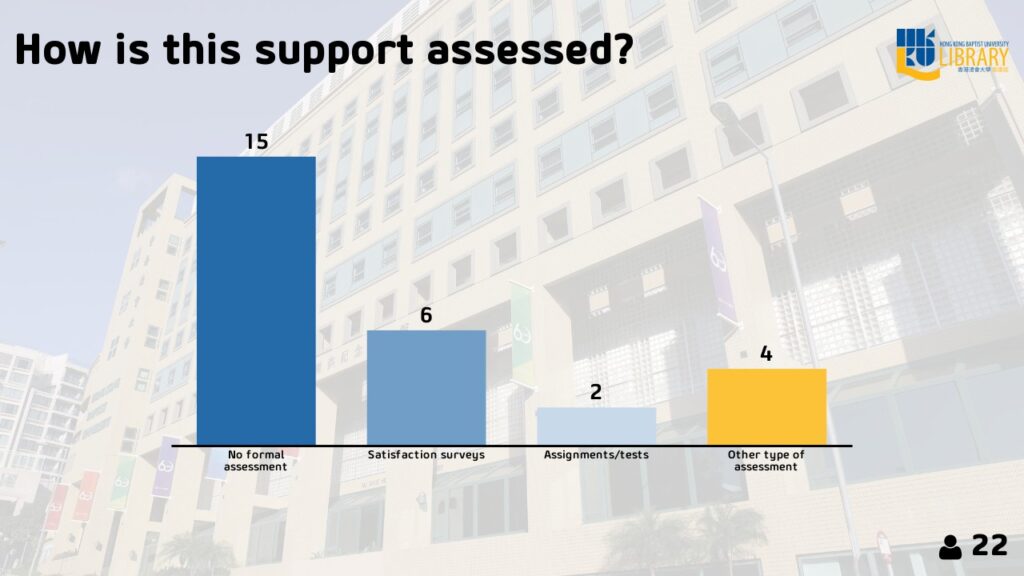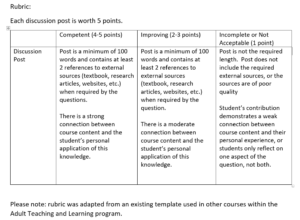By Cara Bradley
University of Regina Library
I have been a member of my institution’s Research Ethics Board (REB) since 2015 and it has turned out to be one of the most valuable and interesting service opportunities of my career. In that time, I have come to realize that many in academia (librarians, graduate students, and faculty) don’t have a clear understanding of the workings of the REB, and some have expressed sheer terror at the prospect of applying for ethical approval of research. I thought I’d share some tips that I’ve learned in my time on the REB, in hopes of making the application process a little smoother for those with less experience in this arena.
Upon joining the REB, I was given a lot of training materials to read. And I mean A LOT! Among these materials was an online tutorial program, the TCPS 2 Tutorial Course on Research Ethics (CORE). This self-paced course was created by the Government of Canada’s Panel on Research Ethics (PRE) to educate ethics board members and researchers about ethical expectations of research funded by the Government of Canada’s various funding programs.* CORE is widely used as a resource for ethics training by Canadian universities and its standards are often applied even to research not funded by the federal government. The course is freely available for anyone to complete online and it is a great way for researchers to get really comfortable with research ethics requirements. It take a couple of hours, but you get a certificate of completion (for the tenure/promotion file!) and it may well save you considerable time in preparing/revising your application.
The second phase of my REB training was co-reviewing applications with a mentor. I was paired with an experienced REB member and we started by reviewing a few applications together, after which we reviewed separately, comparing and discussing our reviews. I learned a great deal in this process, and it might be useful for new REB applicants to consider replicating it. Contact a colleague who has successfully obtained REB approval and ask to read their application. Ask them to read your application. I guarantee that they will point out errors or omissions and correcting them before submission will save you time down the road and give you greater confidence in submitting your application.
Another piece of advice—don’t be scared of us! I know many new researchers feel very intimidated by the REB process. You shouldn’t! REB members, in my experience, are eager to help move your research forward. They have nothing to gain by being difficult or mean (and I am truly very sorry if you encounter one of these rare meanies). I see myself as a critical friend to the researcher, pointing out where things might go awry so that they can avoid pitfalls and succeed in their work. It is extremely rare for an application to be outright rejected—instead, you can expect comments indicating where you need to elaborate on or rethink an aspect of your work. This guidance is intended to strengthen your work and ensure that you don’t inadvertently put your research subjects at risk.
Researchers new to the ethical approval process often think of it as something that happens right at the beginning of your project. And while REB approval is necessary before you make any contact with prospective research participants, your research needs to be thoroughly planned before you can apply for REB approval. We want to know exactly what you plan to do—who you are going to contact, how you are going to do so (including the text of any recruitment emails/posters), and we also want to see your data gathering tools (survey/focus group/interview questions, etc.). Your project should be pretty much “shovel ready,” to the point that your planning is complete and you can start your research immediately upon receiving REB approval.
And finally—fill out every relevant section of the form, and be sure to check the web site of your own institutional ethics board for additional guidance on filling out their specific form. Most university research offices have created significant supplemental content to accompany their forms and ensure that the ethical approval process is a smooth one.
I highly recommend serving on your institution’s Research Ethics Board. It is a great way to learn more about research ethics, gain confidence in completing your own applications, contribute in a small way to the success of research at your institution (I positively beam when I see participant recruitment notices, publications, etc. arising from applications that I have reviewed), and gain a good sense of the range of research conducted on your campus.
* I suspect similar training materials are available in other jurisdictions, but I don’t know the details—let me know in the comments if you can provide information on other countries.
(Editor’s note: Brain-Work is hosted by the University of Saskatchewan and there is a problem with the comments that cannot be resolved. If you try to comment on this or any blog post and you get a “forbidden to comment” error message, please send your comment to virginia.wilson@usask.ca and I will post the comment on your behalf and alert the author. We apologize for this annoying problem.)
This article gives the views of the author and not necessarily the views the Centre for Evidence Based Library and Information Practice or the University Library, University of Saskatchewan.




